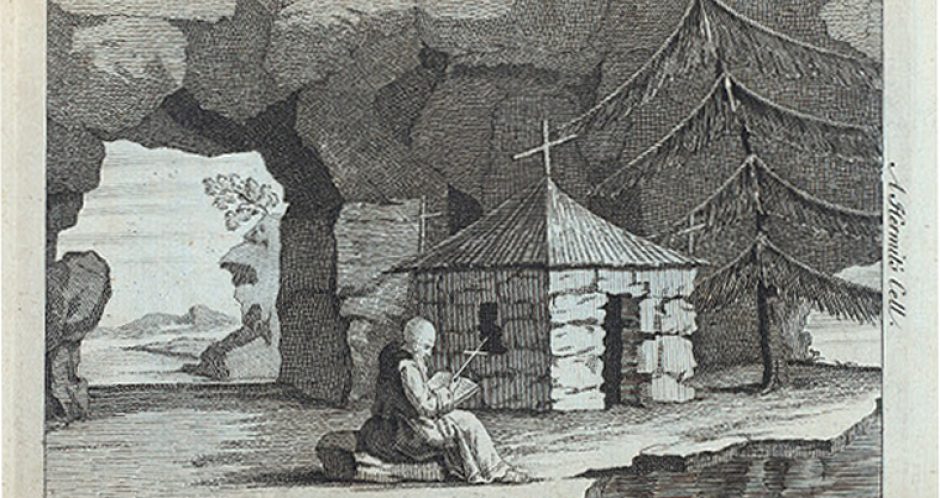In Mary Shelly’s Frankenstein the theme of knowledge is presented to the reader in multiple occasions. In a way the confusion of “what is knowledge?” is attracting the reader to be interested in the full text, because we cannot know for certain whether knowledge is a burden or a gift. Whether we can use it to destroy humanity, or utilize it for the good of mankind. For instance Victor Frankenstein can be compared to Robert Walton, the first narrator, because they are both seeking a purpose in the world where they can be able to express their intellectual abilities in such a way that not everyone else would. Both characters have good intentions when figuring out what to do in the world. But the juxtaposition of this is when Frankenstein decides to rebirth a person of his own by constructing it, in a way he maintains to have good intentions, but they are for himself. By succeeding in this experiment, Frankenstein demonstrate his intelligence, and is using it against himself. His objective with creating this creature, is for the creature to serve as a personal companion to the creator. He becomes frightful of his own creations and unintentionally abandons it. Once Victor Frankenstein realizes that his creature is an intelligent being in his own way, without even being taught anything yet, he dreads and fears the inevitable future. He leaves the outcome with bad intentions, because he realized that he unintentionally created a monster.
-
Recent Posts
Recent Comments
- marvi krifca on Response 5
- marvi krifca on Response 6
- marvi krifca on Young Goodman Brown
- marvi krifca on Response 9
- Daniella Martinez on Response 9 (Malcolm)
Archives
Categories
Meta



